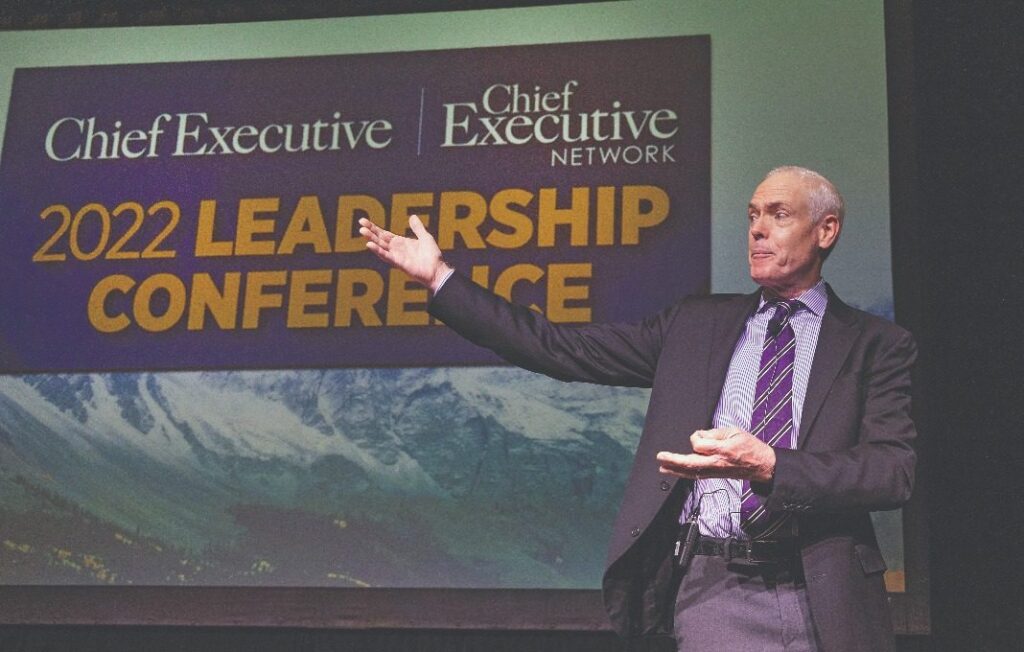Highlighting the Top 5 Myths of Managing People
Managing people is tough, and it’s getting even more challenging in 2023 as the world becomes increasingly complex and faster-paced.

design-sprints-about

Jeff Oskin
Owner
Introduction
Managing people is tough, and it’s getting even more challenging in 2023 as the world becomes increasingly complex and faster-paced. As a CEO or CPO, it’s important to keep up with the latest trends and techniques to lead your team to success. However, it’s equally important to understand that some popular beliefs about managing people are myths that can harm your organization’s productivity and work culture. In this blog post, we’ll highlight the top 5 myths of managing people in 2023 and debunk them with evidence-based insights.
Myth #1: Money is the only motivator.
Many managers believe that the best way to motivate their employees is to offer high salaries and bonuses. However, research shows that money is not the only, nor the most effective motivator for most people. In fact, excessive focus on monetary rewards can lead to a culture of entitlement, greed, and short-term thinking. Instead, managers can tap into intrinsic motivators such as autonomy, mastery, purpose, and social connection to create a more engaged and happy workforce.
Myth #2: Millennials need constant praise and attention.
There’s no doubt that millennials, as the largest generation in the workforce, have unique work styles and preferences. However, this doesn’t mean that they require constant validation or ego-boosting from their managers. In fact, excessive praise can backfire by creating a culture of false entitlement and undermining the value of real achievement. Managers should focus on providing constructive feedback, opportunities for growth, and meaningful recognition that aligns with the organization’s goals.
Myth #3: Flexible work arrangements are only for parents and caregivers.
Flexible work arrangements, such as remote work, flexible hours, and job sharing, have become increasingly popular due to technological advances and changing work-life balance expectations. However, some managers still believe that these arrangements are only suitable for employees with caregiving responsibilities. In reality, flexible work arrangements can benefit anyone who values autonomy, productivity, and well-being. Moreover, they can help organizations attract and retain top talent that prefers flexibility over traditional office-based work.
Myth #4: Diversity and inclusion are just buzzwords.
In the age of social media and heightened awareness of social justice issues, many organizations have embraced diversity and inclusion initiatives to create a more equitable and welcoming workplace. However, some managers still view these efforts as tokenistic or unnecessary. In reality, diversity and inclusion are not just buzzwords but essential for organizational success in a diverse and interconnected world. A diverse workforce promotes creativity, innovation, and better decision-making, while an inclusive culture fosters trust, respect, and psychological safety.
Myth #5: The best way to lead is to lead by example.
Leading by example is a common advice that many managers have internalized. However, it’s not always effective or appropriate in complex and dynamic environments. Sometimes, leaders need to make tough decisions, delegate authority, and communicate vision that may not align with their own actions. Moreover, different situations require different leadership styles, such as transformational, situational, or servant leadership. Effective leaders need to be adaptable, reflective, and strategic, and use various tools and approaches to inspire and align their team.
Conclusion
Managing people is a challenging but rewarding experience that requires constant learning and adaptation. By avoiding these five common myths, CEOs and CPOs can create a more engaging, productive, and inclusive work environment that benefits both employees and the organization. By focusing on intrinsic motivators, constructive feedback, flexibility, diversity and inclusion, and adaptive leadership, managers can build a resilient and agile team that excels in the fast-changing world of 2023.
Back to Homepage
Latest Articles






